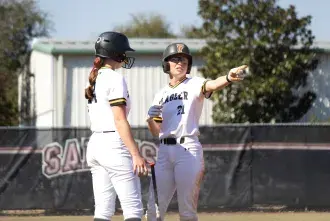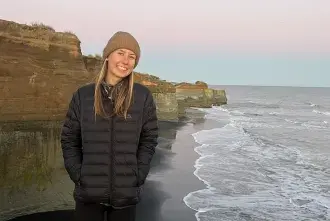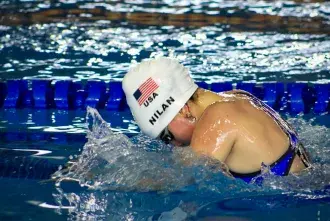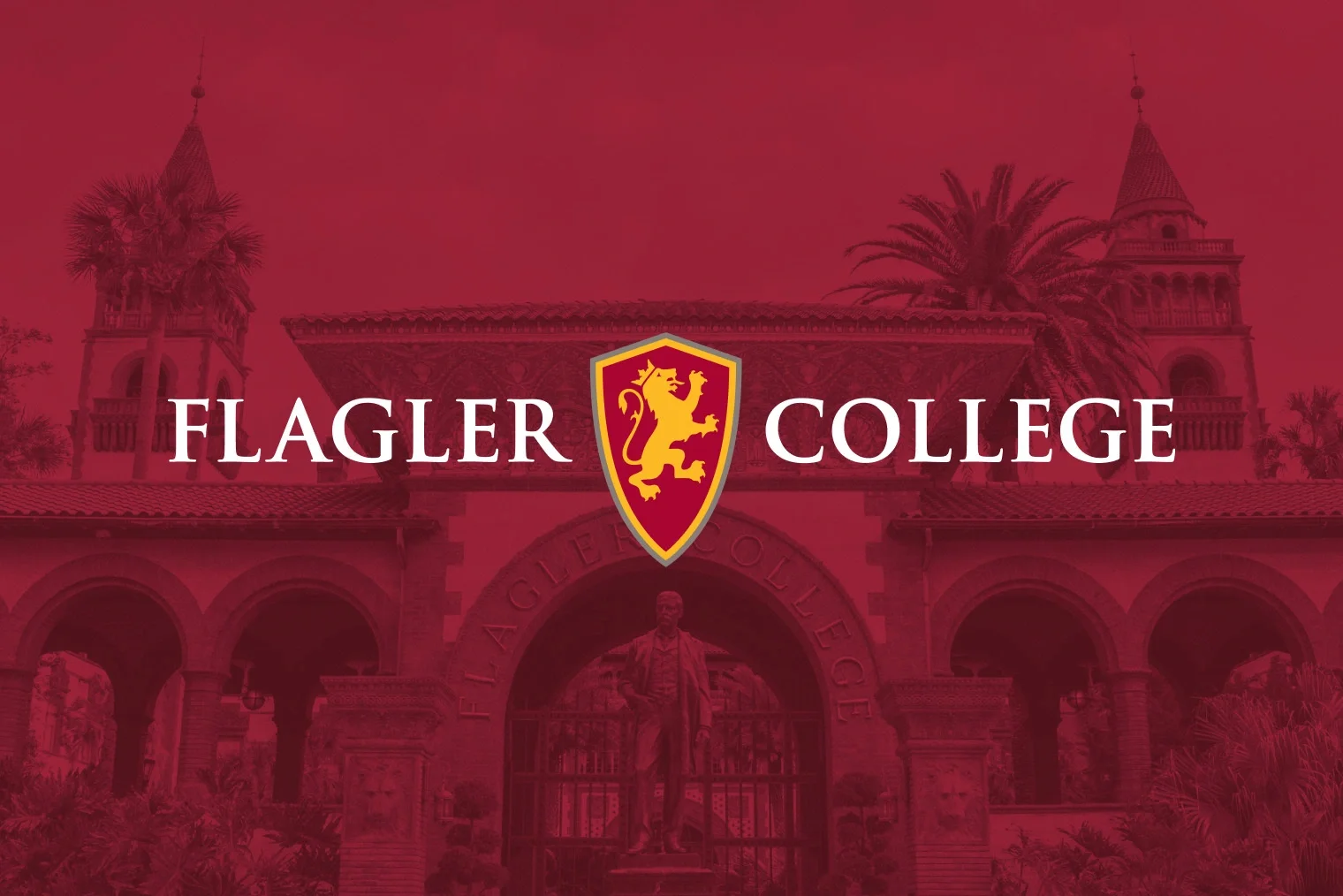Students pursuing a Bachelor of Science (BS) in Biology benefit from close mentorship, access to new laboratory facilities, and a curriculum that prioritizes hands-on learning.
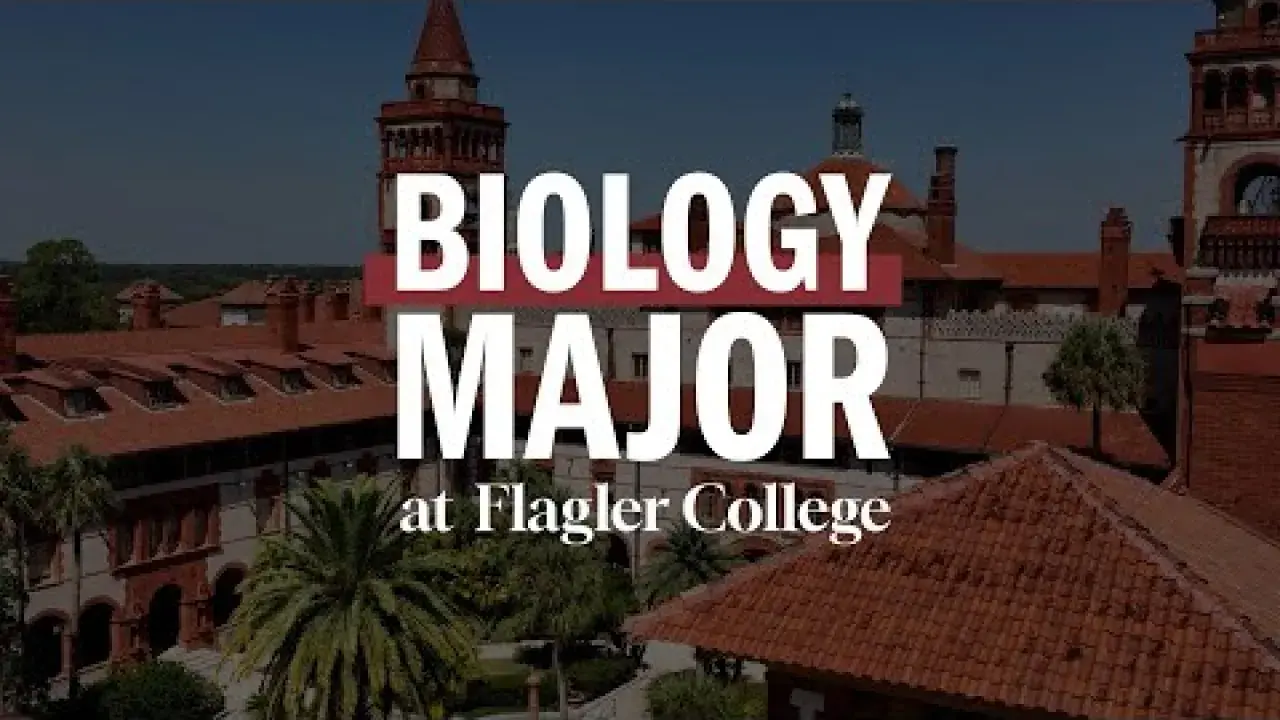
“It sets you apart from your peers if you can talk about experiences that you wouldn’t necessarily have at larger schools,” Biology Program Coordinator Professor Madeleine Doiron said.
Doiron and her team designed a curriculum that ensured a strong foundation in biological sciences through the required coursework. At the same time, electives like Shipwreck Ecology, Introduction to Biotechnology, and Forensic Biology enable students to tailor their studies to align with their specific career aspirations.
Thanks to donor support, Flagler is excited for the forthcoming Modular Science Laboratory. Located off Malaga Street near Abare Hall, it will ensure safe and contamination-free lab work, particularly benefiting the new organic chemistry course.
“It is essential to have a controlled environment to allow procedures to be performed safely and free from contamination,” said Van Cogley, immediate past chair of the Science Advisory Board and a major donor to the new lab. “The Modular Science Lab will free up much of the very limited laboratory space on campus for ongoing and additional use by physics, chemistry, environmental, and applied mathematical studies.”
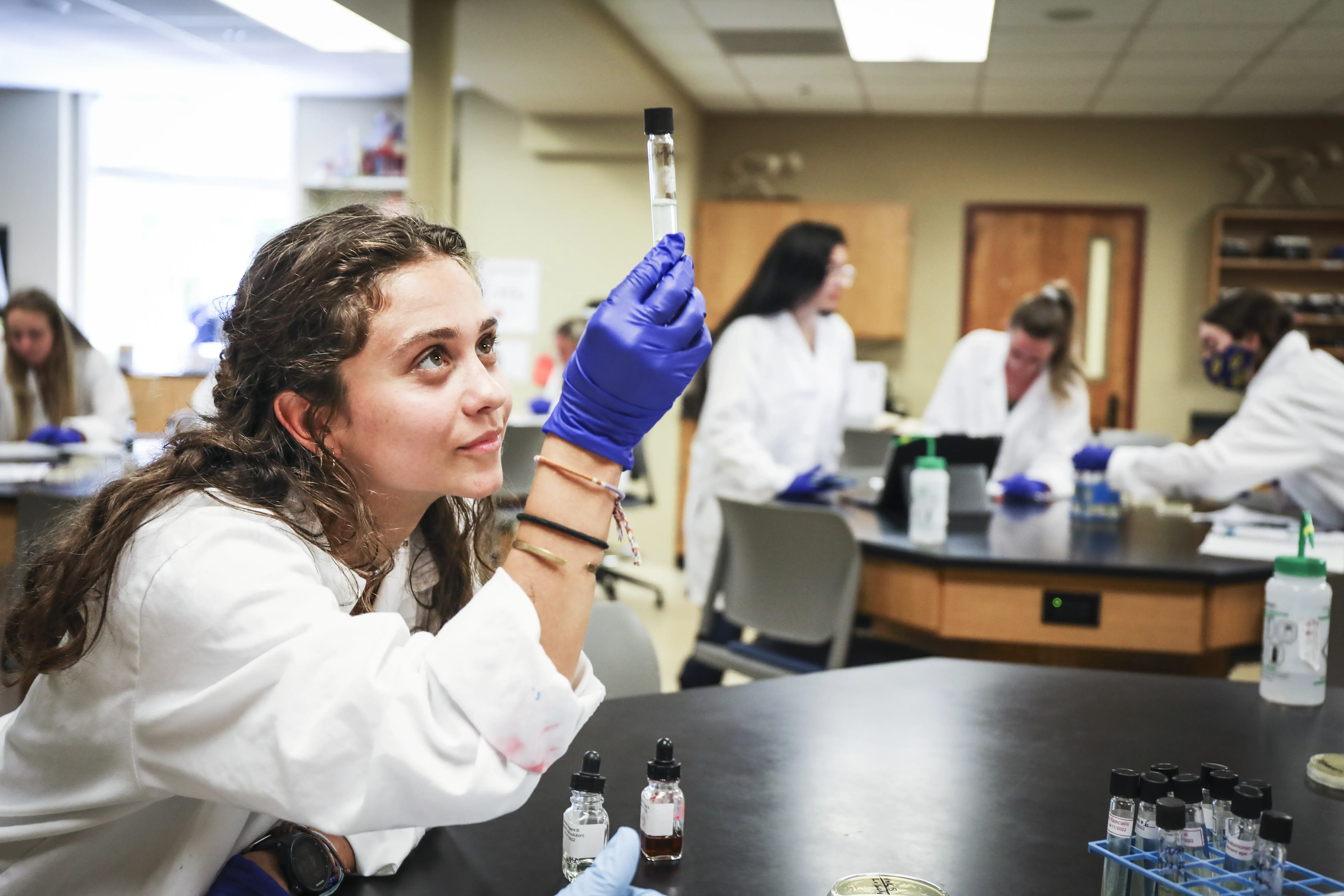
The lab’s advanced equipment and design prepare students for professional scientific work. Most importantly, it will serve as a major stepping-stone to the construction of a permanent Science building.
Fieldwork and partnerships with local organizations like the GTM Research Reserve and Eco Tours offer students invaluable real-world experience and networking opportunities, leading to internships and job placements.

Professor Terri Seron & owner of ECO Tours, Zach McKenna
While the program doesn’t include all key pre-med courses, it compensates with personalized instruction and extensive undergraduate research opportunities, boosting students’ competitiveness for medical and graduate school applications.
Flagler students can also fulfill pre-med requirements at nearby institutions such as St. Johns River State College or through specialized post-baccalaureate programs. For example, alumna Caroline Blaha, ’24, was recently accepted into The George Washington Medical School’s prestigious post-baccalaureate program.
As a Coastal Environmental Science (CES) student with a minor in biology, Blaha's coursework allowed her to research molecular genetics and CRISPR. She showcased her award-winning project at Flagler’s 25th Science Symposium.
“It was a once-in-a-lifetime opportunity as an undergraduate,” Blaha said.
Blaha’s success is just one example of how Flagler excels in providing a learning environment where personalized instruction and direct access to professors engaged in cutting-edge research are the norms.
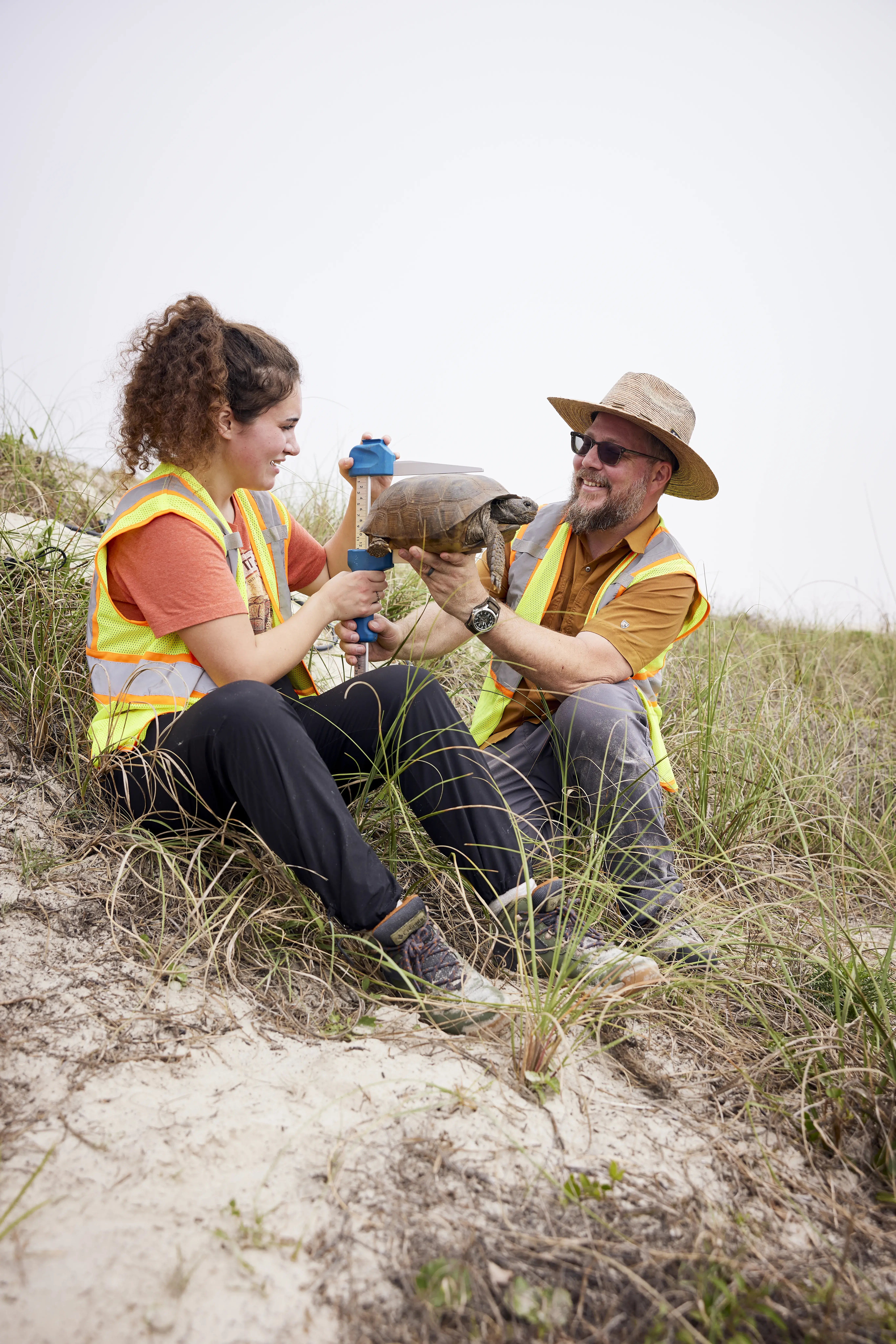
Professor Ben Atkinson & former student at GTM Research Reserve
“That’s not true everywhere,” Doiron said. “Even at a school where the biggest part of our job is teaching, we all still conduct some kind of research agenda.”
Flagler faculty ensure undergraduate students are at the forefront of research opportunities, allowing even first-year students to engage in meaningful research projects.
“It is still possible to do undergraduate research at a large school, but the odds are stacked against you,” Doiron said.
At Flagler, enthusiasm, diligence, and an open mind are the true prerequisites for excelling in undergraduate research. If they have the drive, she’s confident any student can secure a research role.
“I can’t think of a single student who wanted to do research and wasn’t able to find [a professor] to do it with,” Doiron said.
When hiring new biology professors, Doiron emphasized they looked for faculty eager to engage with students, dedicated to quality instruction, and committed to involving undergraduates in their research.
“I love teaching, but as a scientist, I equally love promoting and mentoring undergraduate research,” Brown said. “Our job as professors is to give [students] experience and wings and then watch [them] fly.”
Flagler’s integrated teaching approach ensures professors lead both lectures and labs, creating a cohesive learning experience. Since 2007, Babcock Endowed Professor of Biological Sciences Terri Seron has designed science courses from scratch, prioritizing these exceptional elements in the curriculum.
“From the very beginning of me designing the curriculum, it was always that the full-time faculty would teach the same students they had in lecture as in the lab,” Seron said. “It influenced not just the curriculum, but even just the way we schedule our courses.”
Most courses in the biology program are four credits but pan out to six hours of lab and class time.
“When you’re spending six hours with the same professor every week, you develop a really nice working relationship,” she said. “I feel like students go so much more out of it.”
Doiron noted this intentional practice is uncommon for R1 universities and private colleges alike.
“Even at the small school where I went, most labs, particularly introductory labs, were taught by department staff like lab manager types,” Doiron said. “That's not to say that they weren't qualified to teach courses, those labs, but because we teach our own labs, we're able to integrate what we do in the classrooms with what we do in the lab much more easily.”
Recalling a time before Flagler’s Natural Sciences Department took shape, Seron said she joined Professor Barbara Blonder at the College as the only science faculty. Together, they developed the Environmental Science minor in 2008, followed by the successful Coastal Environmental Science (CES) major in 2013.
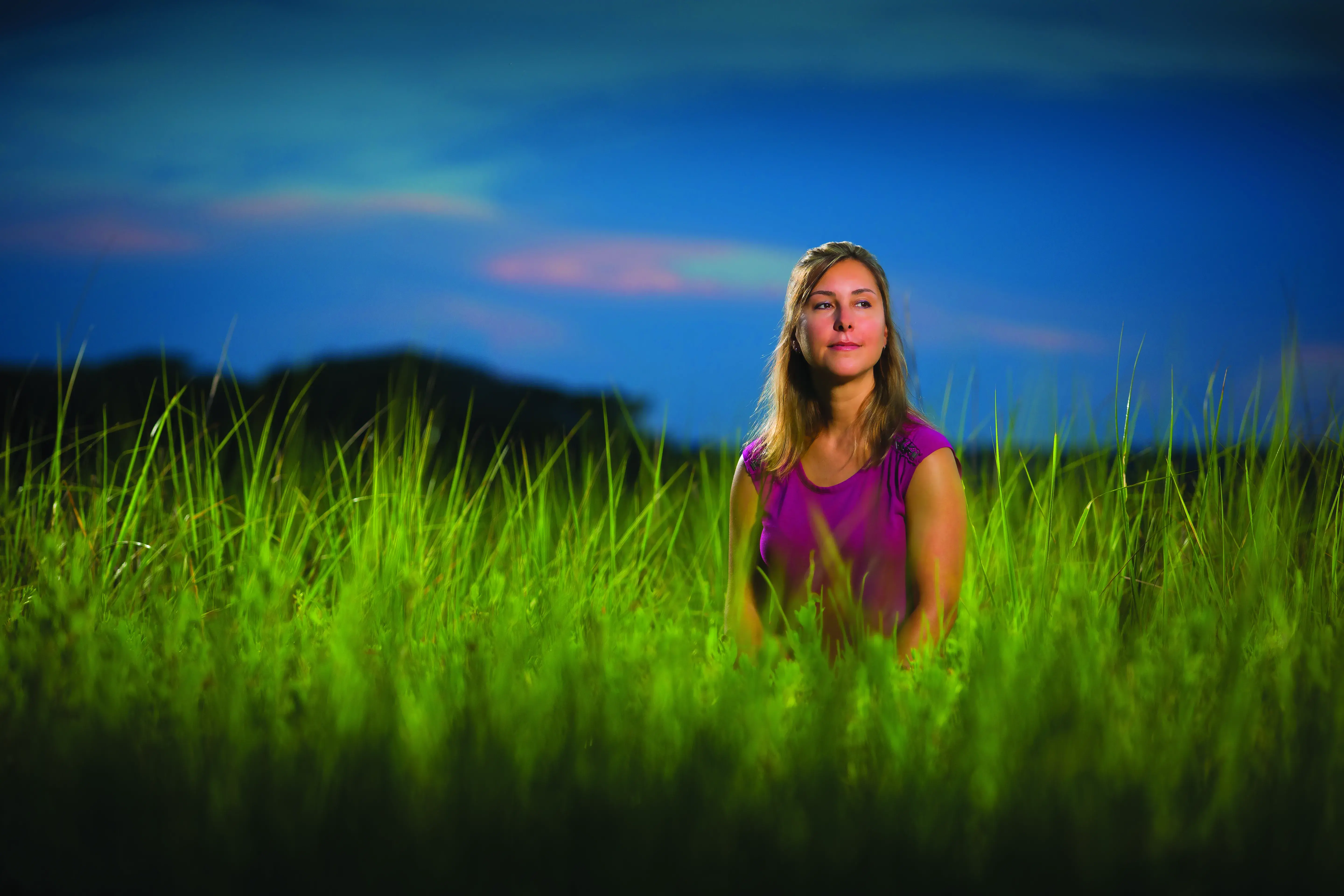
Terri Seron (2013) photo by Scott Smith
A year after CES launched, students in the program began exploring Bermuda as a “laboratory study abroad location,” as James Babcock described it.
Babcock, a donor to the College since 2009, moved to St. Augustine for retirement after a long career as the founding CEO of a transportation and warehousing logistics company.
“I’ve always liked to get involved with colleges, wherever I lived,” Babcock said.
Babcock said Professors Terri Seron and Barbara Blonder were some of the first people he was introduced to at the College. He saw the potential of Flagler’s Natural Sciences in its earliest years and was eager to support the department’s development in any way he could.
In 2014, Babcock utilized his professional connections on the North Atlantic Island of Bermuda to open new doors for experiential learning. Babcock facilitated a partnership between the Bermuda Aquarium, Museum, and Zoo (BAMZ) and Flagler’s CES program, initiating the “Shipwreck Ecology” study abroad trip to Bermuda.
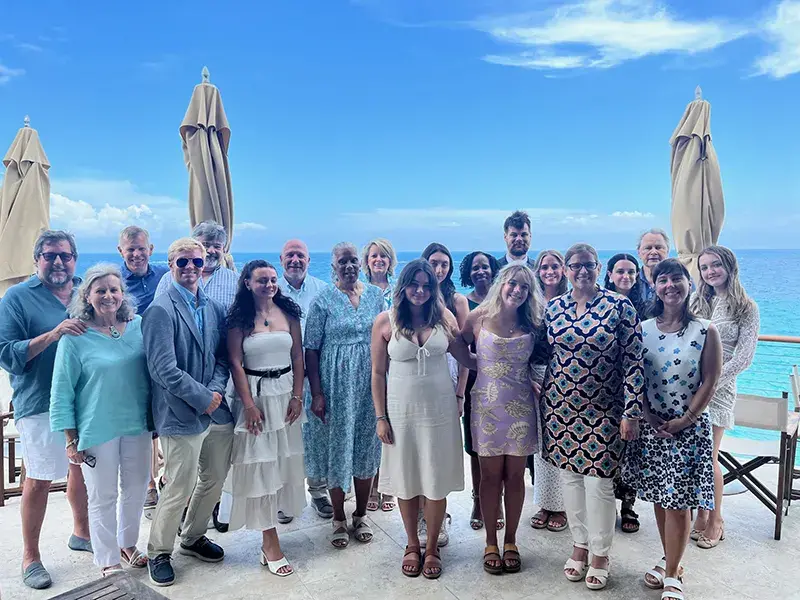
Seron, students, & other Flagler staff in Bermuda (2024)
A positive response to the 2013 CES major addition emphasized a need for further advancement in STEM curriculum, leading to the biology minor in 2017 and major in 2024.
“There’s little more important these days than natural sciences,” Babcock said.
Momentum for the Biology Program has been bolstered by the continuous efforts of the Science Advisory Board (SAB).
“Since its inception in 2020, the Science Advisory Board continues to consult and support our scientific colleagues who are teaching and expanding the natural science studies at Flagler College,” Van Cogley said.
Reflecting on the opportunity she’s had to “build a science program from scratch,” Seron said she had the freedom to create a program tailor-fit to Flagler students and faculty. Maximizing faculty and student interaction was one way she saw fit to do that.
Between labs and lectures, this extended facetime with faculty, and the opportunities present in undergraduate research, Doiron said the faculty get to know these students better as people but also as scientists.
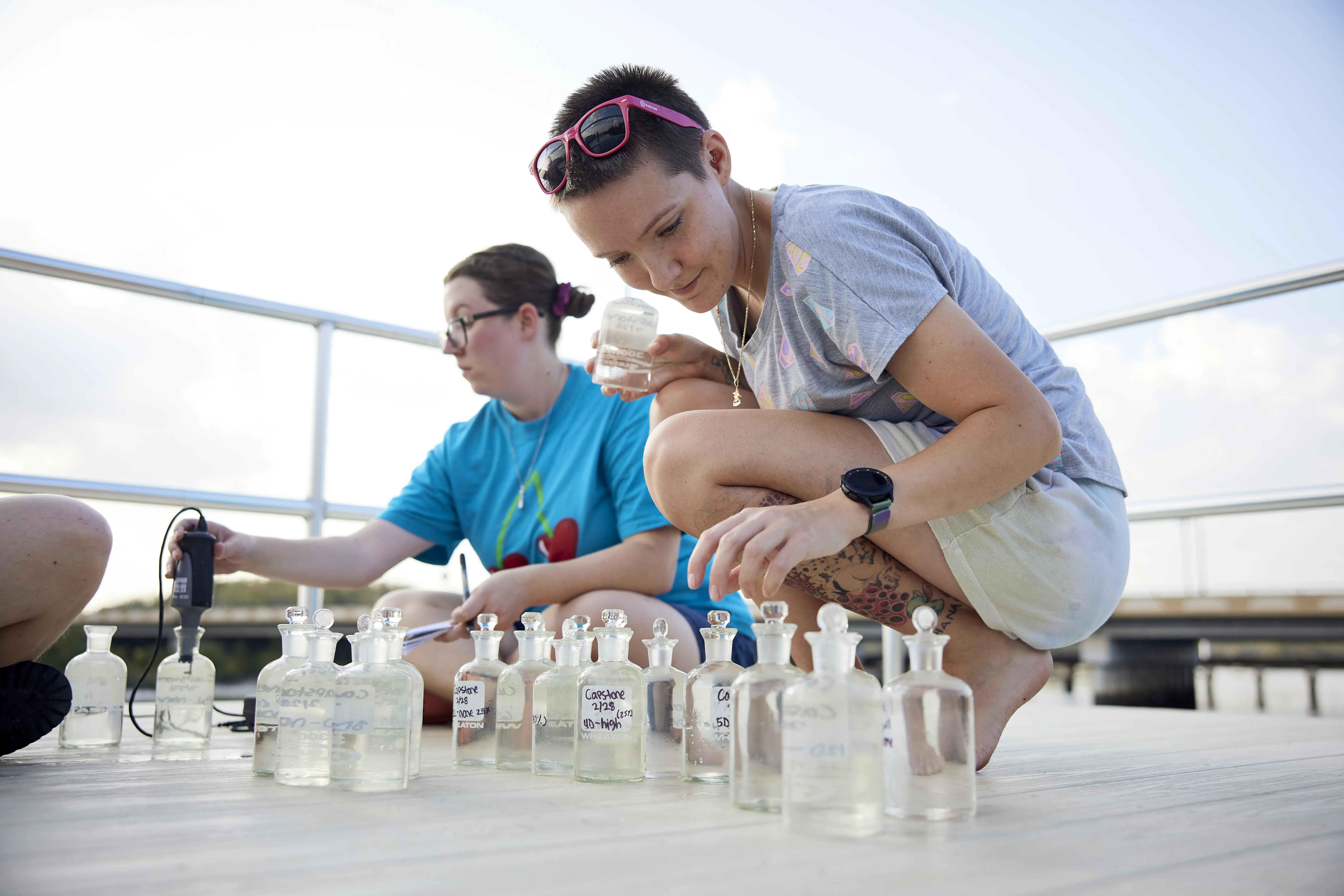
“When it comes to time to apply for jobs or grad school, we can give them a much more detailed [and meaningful] references,” she said.
As the Biology Program continues to grow, Flagler College remains unwavering in its commitment to excellence.
“Flagler’s on the cusp of some great things,” Babcock said.
